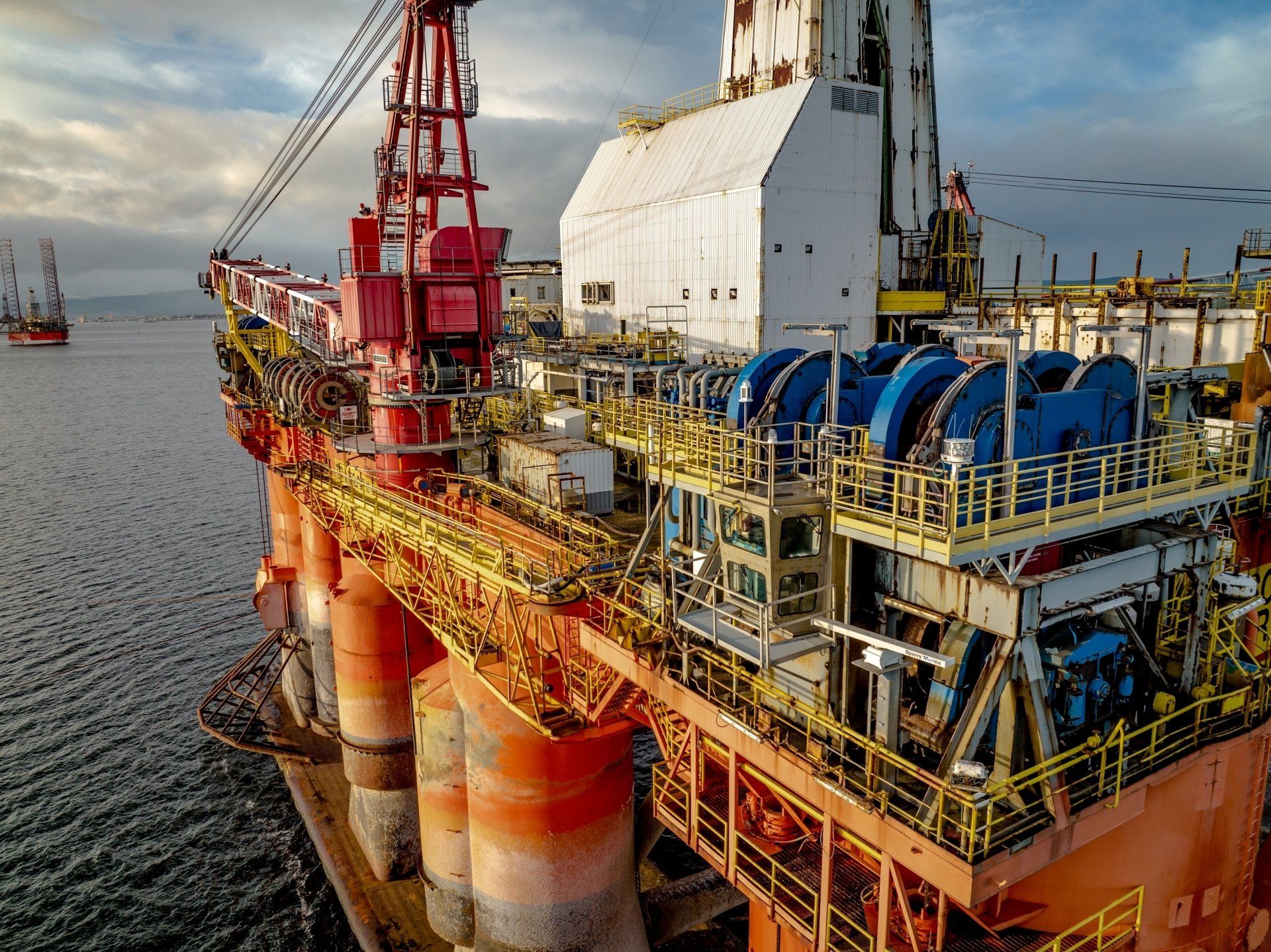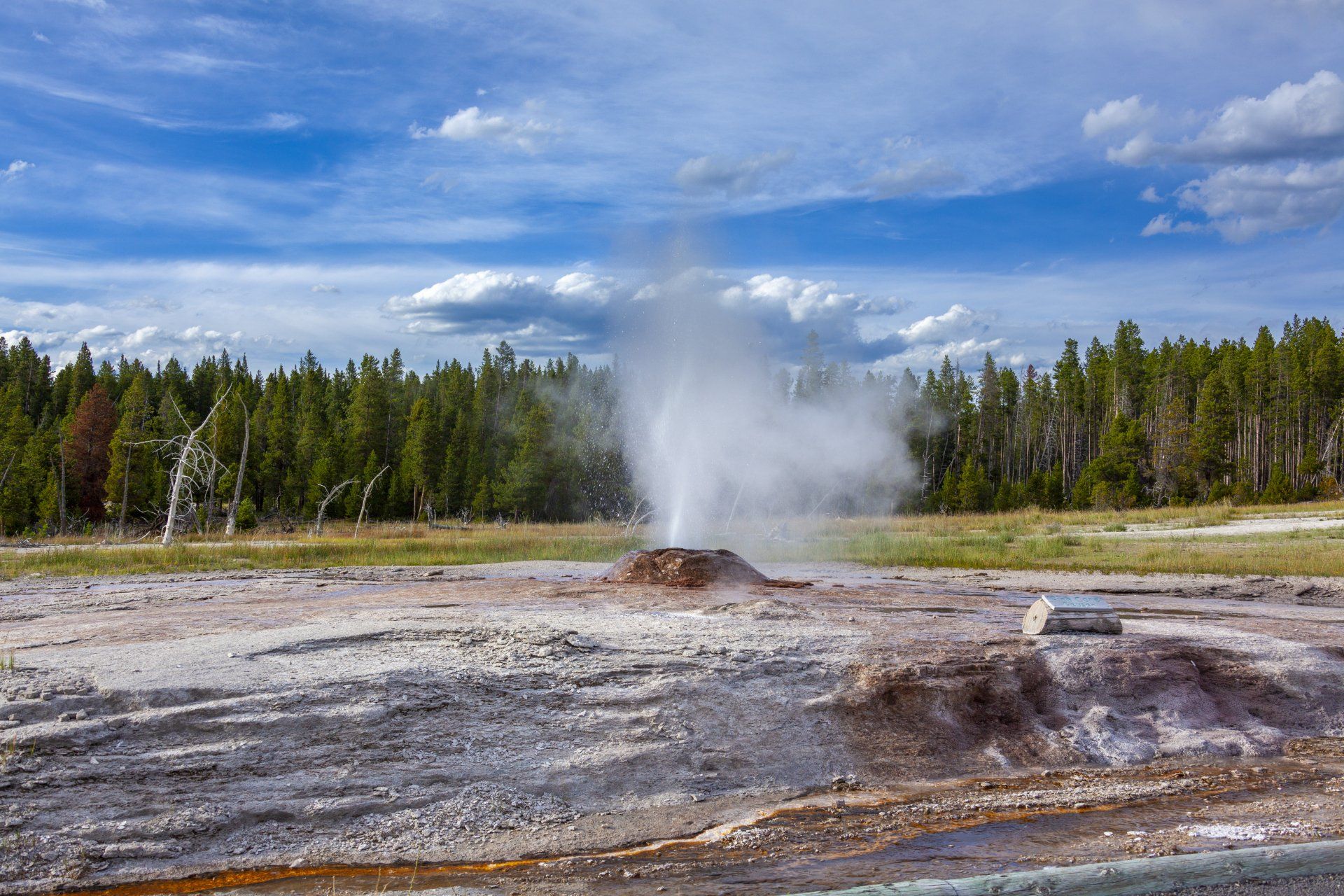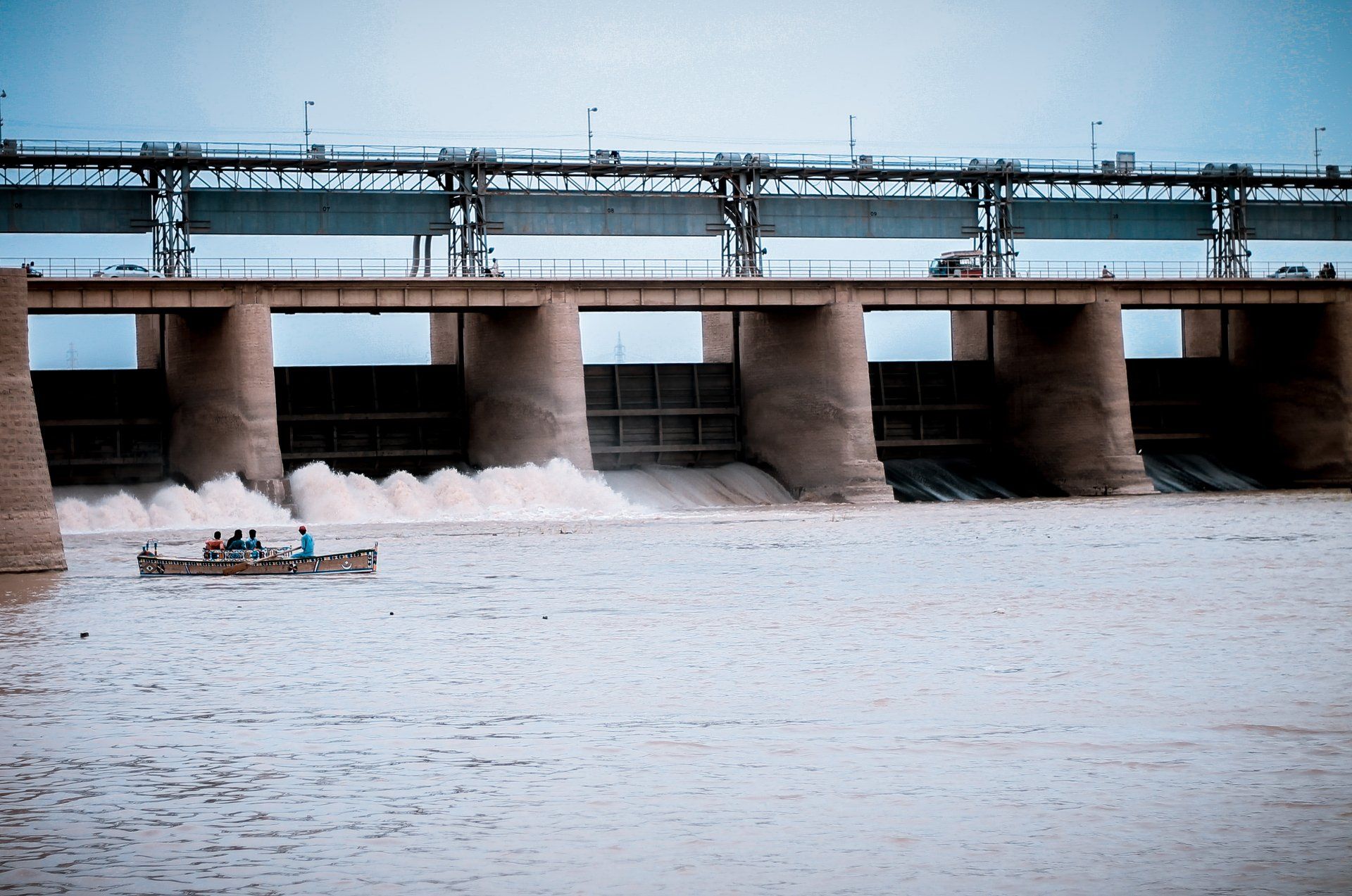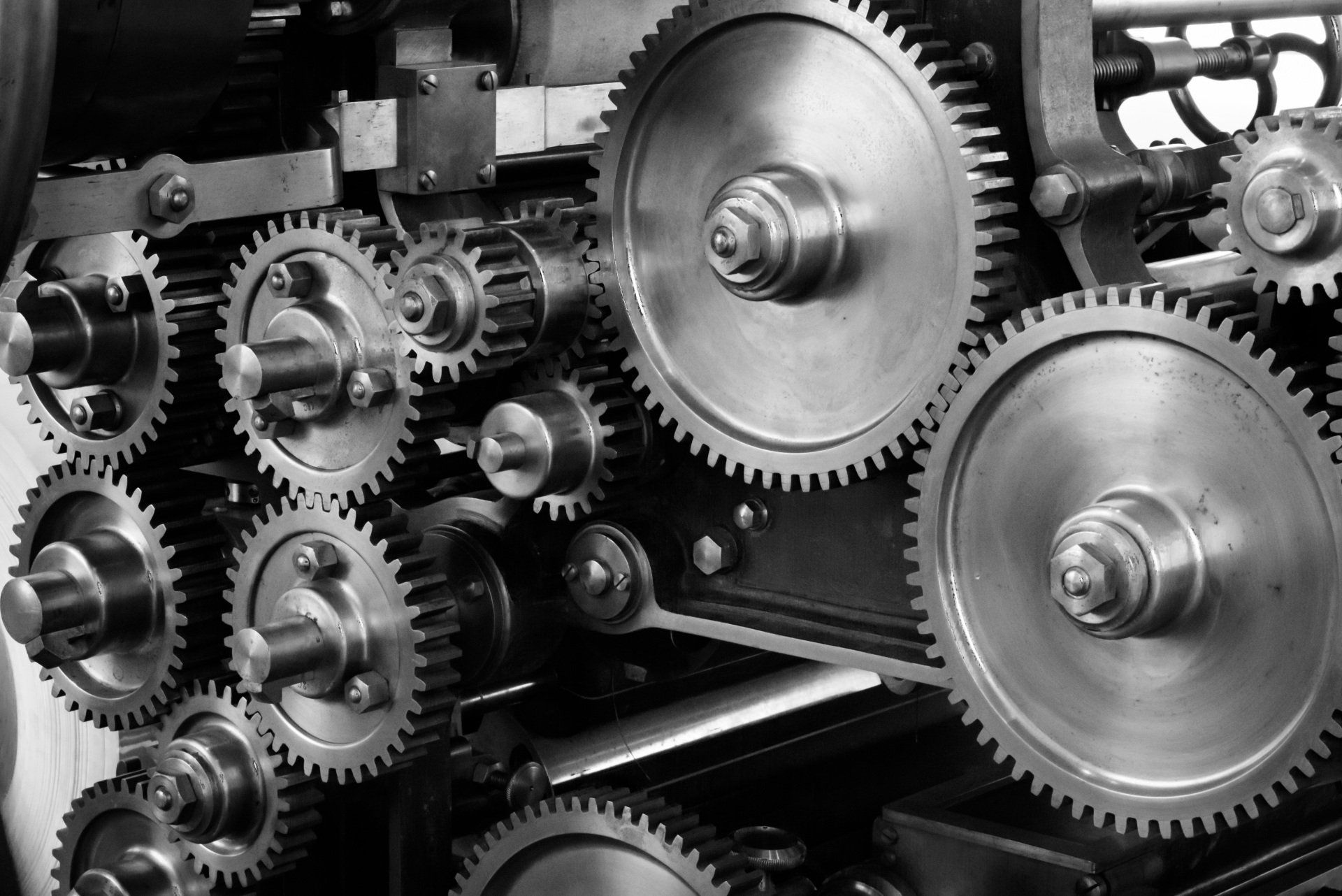Mechanical
C O U R S E S
Quick Links
This course is designed to develop skills in understanding basic
hydraulic systems, fluid, tanks, directional valves, relief valves,
and stating the flow and function of component using a graphic fluid symbol. The participants also learn how to draw hydraulic circuits using ISO symbols.
This course is designed for new mechanical engineers,
technicians and chemists whose work is related to the features
of oil refining and gas plants
Welding is the process of permanently joining two materials
through localized coalescence; resulting from a suitable
combination of temperature, pressure and metallurgical
condition1 This course covers welding classification, welding
process, welding metallurgy, material welding, weld symbols
and weld quality.
This course is designed for new mechanical engineers and
technicians, as well as welding and inspection engineers.
This course is designed to develop skills in understanding
rotating equipment and its components, pumps, compressors
and turbine operation and maintenance, as well as bearing,
fitting servicing, and troubleshooting.
This course is designed for new mechanical engineers and
maintenance technicians.
This course is designed to develop skills in understanding
bearing types and how to select and identify the correct
bearing, trouble shooting, and handling and storage.
This course is designed for mechanical maintenance engineers and technicians. Senior engineers, leaders and planning personnel could also attend this course.
This course introduces the participants to the concepts of
compression methods and compressors types, selection,
operation and maintenance, troubleshooting, as well as
preventative maintenance procedures.
This course is designed for engineers and operations staff
responsible for operating and maintaining gas compressors.
Gas Turbine & Turbo Expander: Operation, Maintenance, and Troubleshooting
Duration: 5 days | Level: Intermediate
Gas turbines are a significant prime mover in industrial plant
application1 For this reason it is important for the technicians
to understand the principles of operation and maintenance
involving gas turbine.
This course is designed for mechanical and instrumentation
engineers whom are working in gas turbine operation and
maintenance up to a maximum of 10 years of experience.
This course covers all the steps required in developing a
successful Planning & Predictive Maintenance programme from system development, until a well-managed Maintenance system is in place and operational.
This course is designed for planners and engineers in the field of maintenance, or operation personnel whose work is related to preventive and/or predictive activities.
RCM is a systematic process used to determine what has to
be accomplished to ensure that any physical facility is able
to continuously meet its designed functions in its current
operating context. This course covers the principles of RCM,
as well as implementation, preparation, techniques, and
monitoring and trending strategy.
This course is designed for division managers and maintenance- related managers. Maintenance and production engineers will also benefit from this course.
Systematic risk-based inspection can assess the likelihood and potential consequences of the failure of pressure equipment. Risk-based inspection provides an opportunity for companies to prioritize inspection equipment; improve methods of inspection, frequency, resources, develop specific plans for inspection of equipment, and enable the implementation of reliability centered maintenance. This results in improved safety and less risk of failure, forced shutdowns, and reduce operational costs.
This course is designed for operations engineers, maintenance
engineers, and engineering managers and supervisors
No course decription










